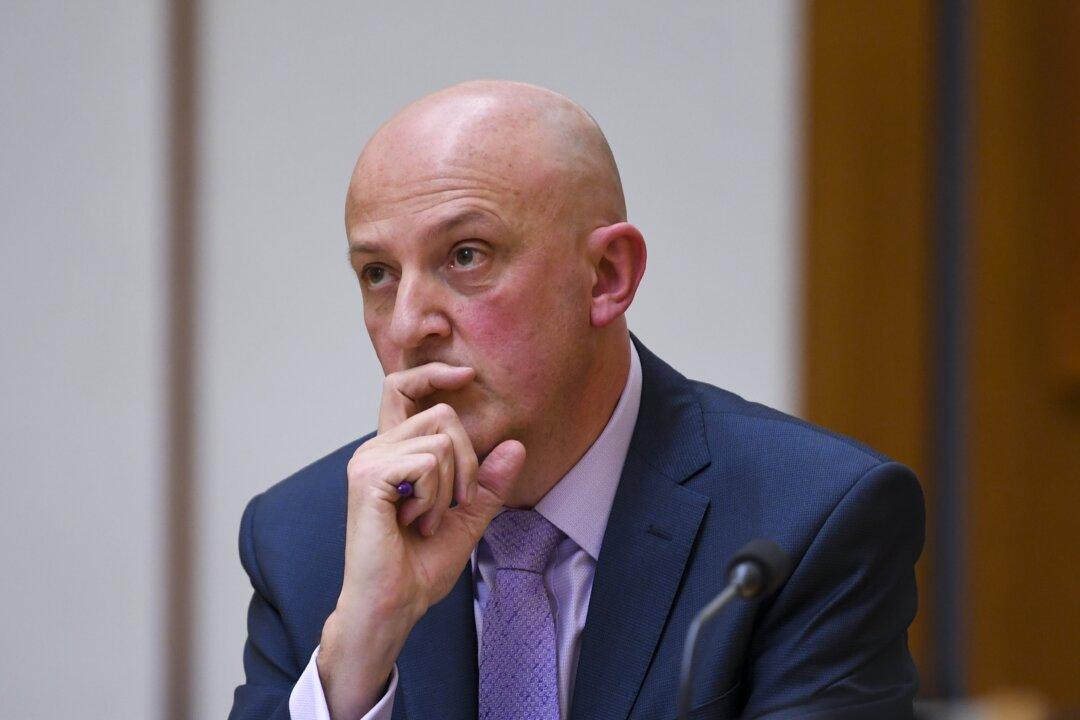The head of Australia’s national security service and intelligence agency said it was vital that the security service of a liberal democracy is transparent and trusted.
In his annual threat assessment speech, Australian Security Intelligence Organisation’s (ASIO) Director-General, Mike Burgess, described his vision to push the organisation to become more transparent.





